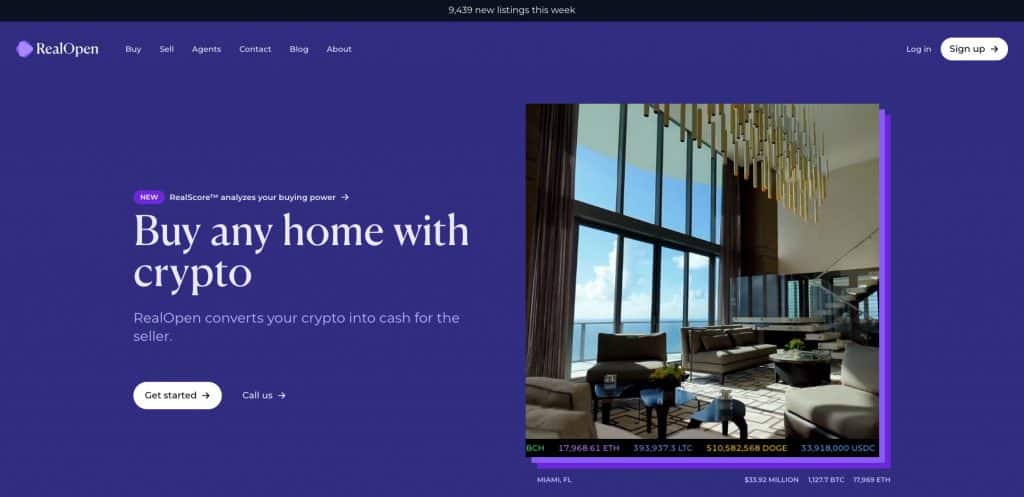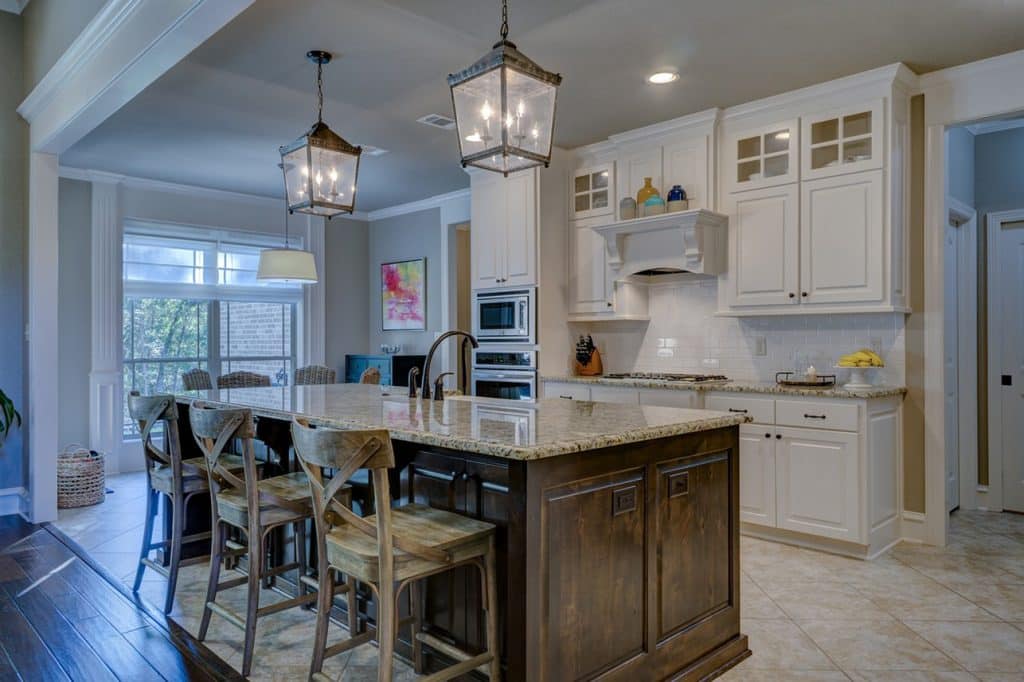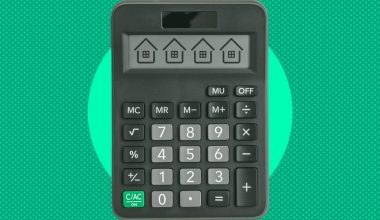Technology is reshaping every industry, with even ‘traditional’ sectors like real estate needing to adapt their linear-focused business models to the problems and opportunities of a digital, data-driven world. Among all possible future development, there’s one scenario in which Blockchain & smart contracts will play a significant role by introducing autonomous buildings.
The idea might sound like science fiction, giving the impression of a futuristic metropolis. Yet, in practice, it is not far removed from what you might have heard blockchain tech do before in other sectors through DAOs.
This said, how likely is it for one of the pillar sectors of our economy to evolve past common laws and business practices, and most importantly, why should it?
Basics First

To understand why we are not that far from self-owned buildings, a short recap on DAOs is due.
DAO stands for decentralized autonomous organization and, in simple words, is an organizational structure that can run without a central body using smart contracts to regulate decision-making and all procedures.
Anyone part of the DAO is bound by the predefined conditions of smart contracts, which replace human verdicts with algorithms. Members then receive tokens representing ownership and have the right to vote, with blockchain tech ensuring every transaction and decision is transparent and timely.
A DAO’s value depends on its members, so determining the purpose and goal that resonate with a specific community is the most important thing. In this context, one of the goals of Real Estate DAOs is to create autonomous systems that manage housing, not autonomous architecture.
Almost anyone can create a DAO following specific steps. The bigger the scope and stakes, though, like the ones in Real Estate DAOs, the harder they are to set up.
Why & How Would Autonomous Buildings Operate?
The Swiss Science and Technology University, ETH Zurich, whose name sounds like a major Crypto organization of the most progressive crypto countries’ capital, is behind the concept.
The project is called “no1s1” (no one’s one) and was born out of the need to make real estate ownership more accessible and simplified, especially after the 2008 financial crisis, partially caused by the complex financial system tied to real estate – Dieses Haus gehört sich selbst – no1s1
Unlike today’s real estate, where a property management company is between you and your property, autonomous buildings would not require a third party. The smart contract’s predefined rules would allow the building to rent itself and collect taxes and bills.
The advantages are many, and like all endeavors involving a distributed ledger, users, in this context, buyers, would profit off having no fees for agencies and skipping paperwork. Ideally, searching for homes would be much simpler, and government regulation would be implemented inside smart contracts leaving no space for misinterpretation and human error.
What Does It Mean For The Industry?

Are DAOs in Real Estate just a way to simplify transactions and cut costs for major builders, or will they ultimately change how the business operates? Hopefully, cutting the middleman and making housing costs more affordable, but it’s hard to see such a simple view even if it’s a win-win situation in the long term for the future of the building.
Real estate agents won’t disappear any time soon. Removing a profitable business from the market is not easy – nor having governments change regulations as quickly. What makes the idea promising is that the middleman will find a way to incorporate Independent housing as part of their business model, as a head-to-head clash where they ‘lose’ is unrealistic.
It could even go further in Real Estate DAOs that raise capital, build houses, and divide profits among members, some of which could be the future version of real estate agents and builders.
What Does It Mean For You?
- If you’re the next generation to purchase a home:
Autonomous housing completely changes the bank’s role in purchasing a home. This is not the typical Bitcoin vs. banking system argument, but it does mean that some knowledge of how the Blockchain operates will be equivalent to what you need to learn now on paying mortgages.
- If you’re part of the construction industry:
As with all revolutions, the sector and jobs that will close will most likely be compensated with other roles. Even if AI and Self-Managed buildings eventually blend, it will be in such a way that keeps the builders on top.
- If you’re a crypto investor:
Many industries are already ahead when it comes to implementing crypto tech. However, regulating real estate won’t be easy as the now fully controlled iGaming industry.
Autonomous Housing will likely work differently than NFTs, and the government will have a more significant role in regulating. It will be more complex than watching charts and reading trends on your laptop; the entrance barrier will likely be high.
This said, the possibilities are immense, and you’re advantaged if you’re lucky to live in Switzerland or other crypto-friendly countries.
Moving The Blockchain in Every ‘Home’
Using Blockchain tech in Real Estate is a big move, as it signifies a significant step forward in bringing the tech closer to the ‘physical world.’ But just like our fantasy of self-driving cars in the 80s is much different from today’s Tesla, the same could be true for crypto.
DAOs in real estate are meant to regulate a market in trouble and a generation in a rush, and this approach of fitting blockchain tech to smoothly fix problems, opposite from the revolutionary ‘all in’ approach to replacing existing tech, might eventually win.
Innovations take time to penetrate the status quo, and the Blockchain has already survived the first wave attack from existing business models – the next phase might just be a surprising breakthrough, such as Real Estate DAOs put into practice.






